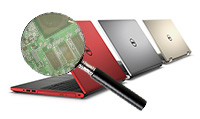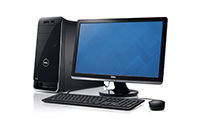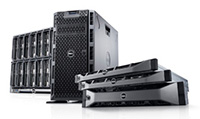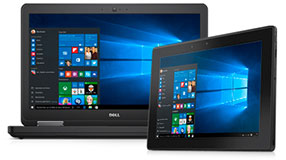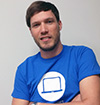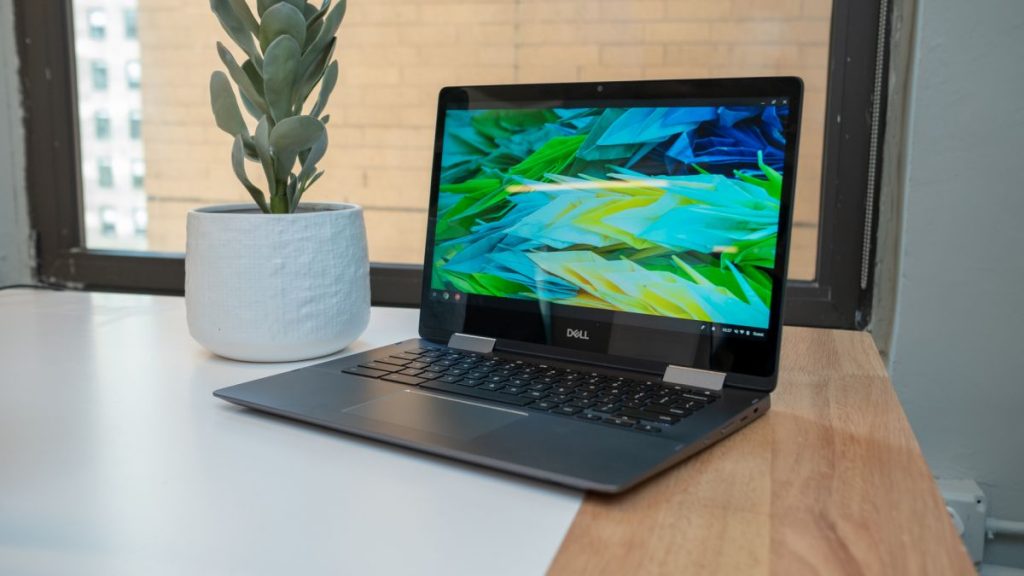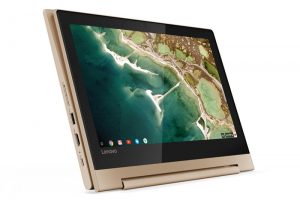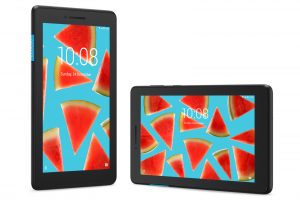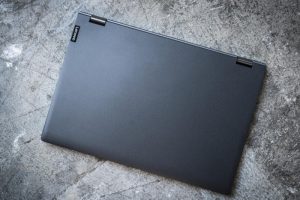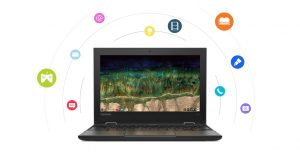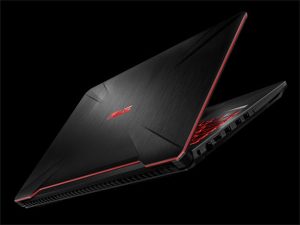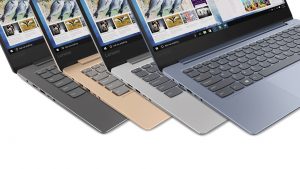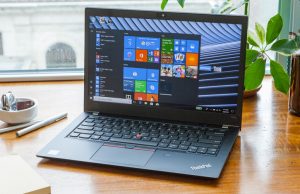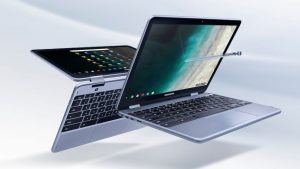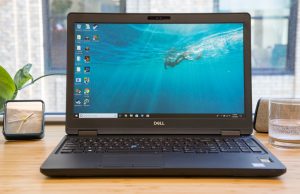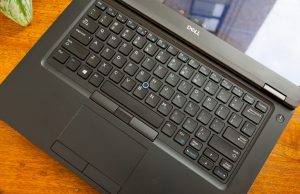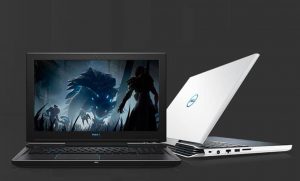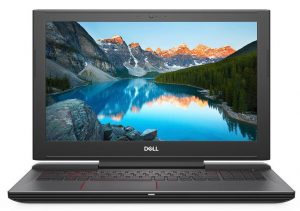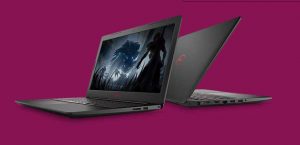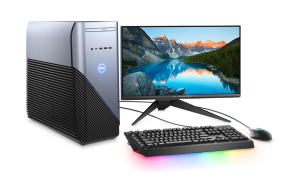

What happens when a Schott Glass takes on a Gorilla? Whatever the outcome, do not expect much broken glass. Both Corning, the maker of Gorilla Glass 2, and Schott have recently released products that are highly flexible, and very resistant to scratching and breakage.
Schott, however, has upped the ante, claiming that "internal tests of market-ready Xensation™ Cover material show that, with a compressive strength of more than 900 MPa, it offers a significantly higher bending strength and higher ball drop strength test resistance than other products currently available."
Taking their Best Shot with a Partner
In order to take the Xensation product to the next level, Schott has formed an alliance with Berliner Glas, a specialist in glass processing, for the purpose of producing an anti-glare product called Schott Xensation™ Cover AG, for device manufacturers that want to prevent their displays from becoming adversely effected by bright lighting conditions. That product is a 'floated alumino-silicate glass' which is modified with an etching process developed by glass surface modification specialist Berliner Glas. That process removes ions from the glass surface during the etching process to make it diffuse, while also making the surface faultless as perceived by the human eye. The resulting glass product is a uniform, homogenous structure that has not previously been possible with ultra-strong glass types.
Schott's Global Sales & Marketing Director said: "The novel etching process has been fully optimized to maintain the strength and scratch resistance of Xensation cover glass, opening up a vast array of application possibilities and further improving the general consumer experience."
It is the first ultra-strong glass that can reproducibly be etched and treated in a continuous, industrial-scale production process. The anti-glare process is adjustable, and can be altered to provide the exact amount of surface roughness need to create a particular anti-glare effect.
Schott claims that Xensation glass has 20-percent greater bending strength than the competition. It has been designed to allow mass quantities to be manufactured quickly without diminishing strength, while reducing production costs.
Schott Xensation glass has been subjected to a thorough qualification process at several electronics companies. First shipments of touchscreen devices using Xensation glass are expected by the end of 2012.
Schott Company Snapshot
The company was established in 1884 as Schott & Genossen, in Jena, Germany by Otto Schott, sometimes referred to as the "founder of modern-age glass technology". Schott has produced brands such as Zerodur, Ceran, and Amiran, and manufactures items such as: syringes, glass-to-metal enclosures, color filters, solar power modules, and even glass-ceramic cook-tops. Schott products are used in the automotive, optics, solar power, electronics, pharmaceuticals, and home appliances industries. The company's logo contains two crescent moons.

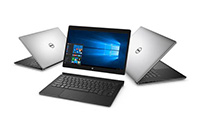 Laptop & Tablet Parts
Laptop & Tablet Parts